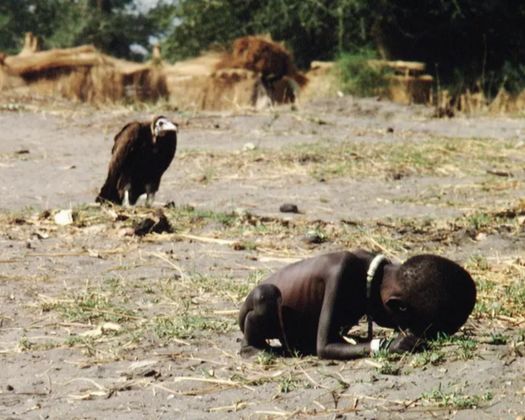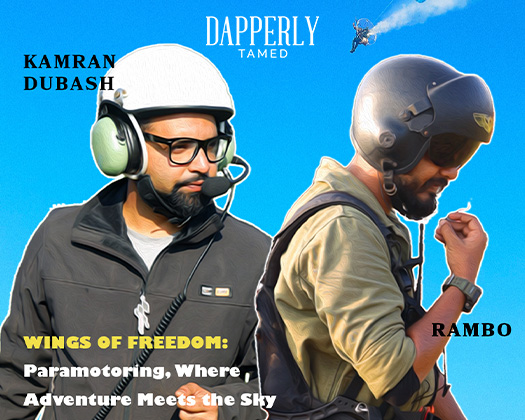Unveiling the Impact of Kevin Carter's Haunting Sudan Famine Photograph
Introduction: A Haunting Image That Defined a Photographer's Legacy
Kevin Carter, a renowned photojournalist known for his daring coverage of apartheid and global crises, immortalized a moment in 1993 that would define both his career and the ethical complexities of photojournalism. This article delves into the haunting legacy of Carter's iconic Sudan famine photograph and the intricate debates it sparked.
Kevin Carter: The Courageous Lens of a Photojournalist
Apartheid Documentation: Carter's career was marked by fearless documentation of apartheid's brutalities, earning recognition for his commitment to revealing societal injustices.
Fame and Controversy: In 1993, while covering the Sudanese famine, Carter captured a chilling image of a starving girl with a vulture lurking nearby, which garnered international acclaim but also ignited debates on ethical responsibility.
The Controversial Image and Ethical Dilemmas
The Pulitzer Prize-Winning Photograph: Carter's portrayal of the starving girl brought him the Pulitzer Prize, yet it raised contentious debates about his moral obligations as a photojournalist in such dire circumstances.
Ethical Criticism: Critics questioned Carter's decision to photograph rather than intervene, prompting discussions about the ethical complexities of documenting human suffering without offering immediate aid.
Carter's Internal Struggles and Tragic End
Internal Conflict: Carter grappled with the ethical implications of his actions, revealing his inner turmoil and the advice he received against physical contact due to disease concerns.
Personal Demons: The weight of the criticism and the ethical dilemma surrounding the photograph took a toll on Carter, contributing to his tragic decision to end his life in 1994.
Legacy and Ongoing Ethical Debates
Symbol of Suffering: Carter's photograph remains a haunting symbol of human suffering during famine and conflict, prompting ongoing discussions about the role and responsibilities of photojournalists.
Ethical Reflections: The image continues to fuel debates on the ethical boundaries of photojournalism, raising questions about the balance between capturing poignant moments and intervening to help those in distress.
Exploring Further Insights and Resources
Book Recommendation: "The Bang-Bang Club: Snapshots from a Hidden War" by Greg Marinovich and João Silva explores the ethical complexities faced by photojournalists, including Kevin Carter, during the turbulent end of apartheid in South Africa.
Conclusion: The Enduring Impact of a Photograph
Kevin Carter's haunting Sudan famine photograph stands as a stark reminder of the human toll exacted by crises worldwide. Its legacy embodies the ethical quandaries inherent in photojournalism, stirring ongoing conversations about the delicate balance between bearing witness to suffering and intervening to alleviate it. Carter's tragic story underscores the immense ethical and emotional challenges faced by those who endeavor to capture the raw realities of our world through the lens of a camera.








